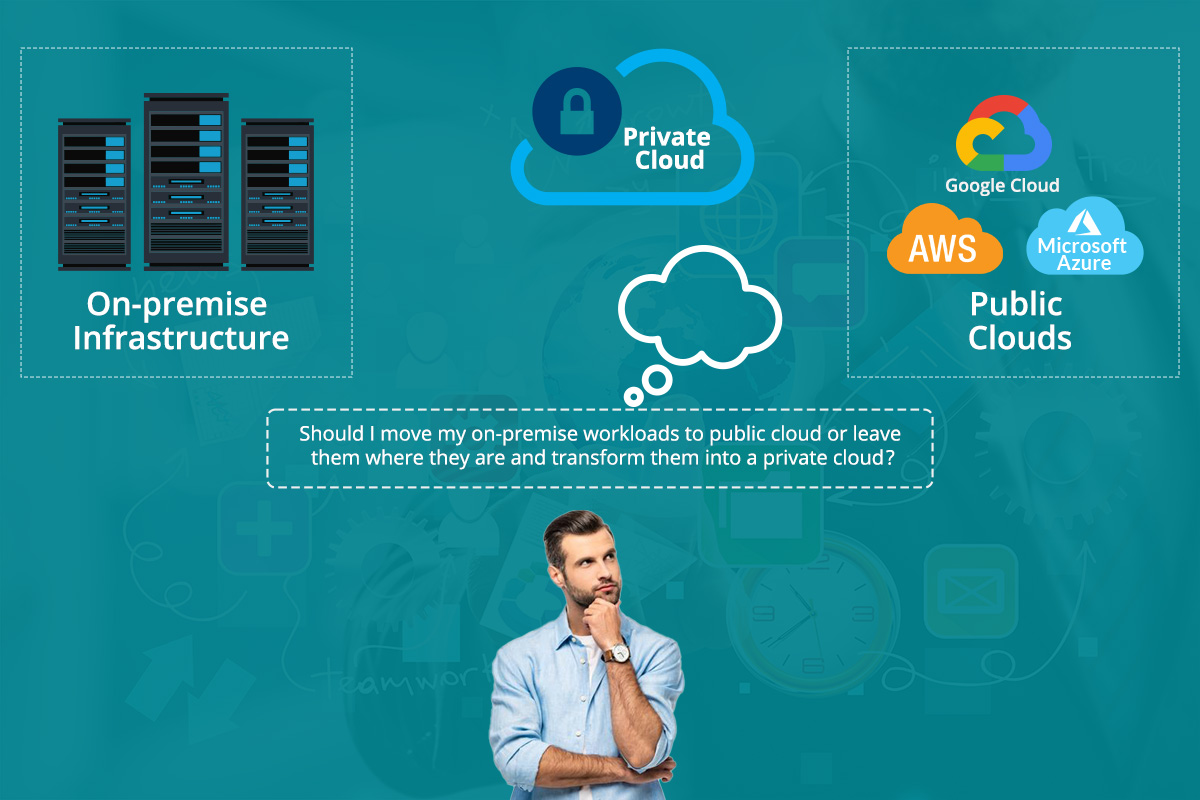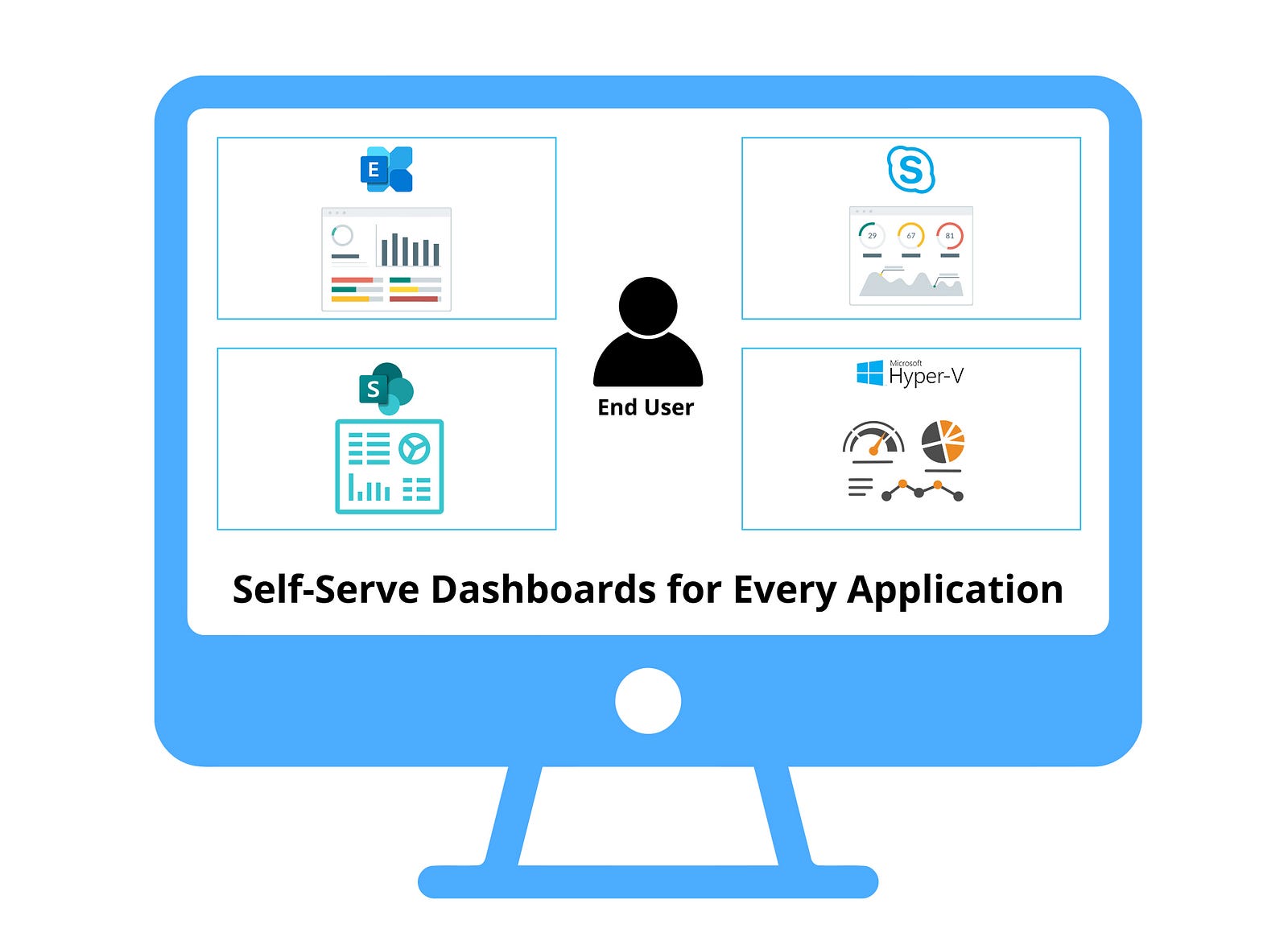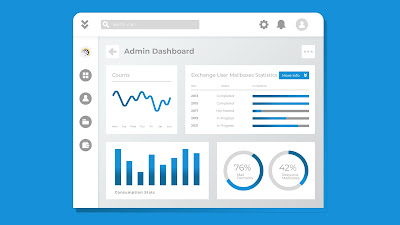Transform On-Prem Applications to Private Cloud Through Hosting Controller
 |
| Transform On-Prem Applications to Private Cloud Through Hosting Controller |
Start of your Digital Transformation Journey
Organizations have traditionally deployed different software applications ‘on-premise’ which meant into their own data center space or quite literally on a server rack in their office building.
Many are now facing a choice to move to public clouds including Amazon AWS, Microsoft Azure or Google Cloud Platform etc. Benefits are numerous and convincing but the costs are also varied and complex. Between the two extremes of keeping everything on-premise ‘as is’ or move to the public cloud, there is an option which may be the right choice for most organizations. This is to transform their on-premise applications into a private cloud; a choice that brings most benefits of the public clouds without the attached costs and concerns. This blog explains more.
Your existing on-premise infrastructure, because its in your own private data center space, does not qualify it to be called a ‘Private Cloud’. To be truly called a ‘private cloud’, the applications running on-premise stay on-premise but need to be enhanced to look like ‘cloud hosted applications’. This is done by putting in a ‘cloud Controller’ (also called control panel) on top of them to make them available ‘as a service’. The internal IT department maintaining the applications becomes the in-organization service provider.
Enabling your existing on-premise applications as a ‘Private Cloud’ is usually the first step towards your longer ‘Digital Transformation’ journey.
Transform on-premise workloads to Private Cloud
Hosting Controller is a cloud hosting automation tool also usually called a ‘Control Panel’ that lets your on-premise applications where they are but interfaces with them to enables them as a service.
https://csrc.nist.gov/publications/detail/sp/800-145/final
In essence, it provides the five ‘essential characteristics’ of cloud computing as defined by the original National Institute of Standard and Technology which are:
- On-Demand Self-Service
- Broad Network Access
- Resource Pooling
- Rapid Elasticity
- Measured Service
 |
| Five Requirements for Private Cloud |
It also enables all applications and workloads to be offered ‘As a Service’ to its end-users although for Enterprises and Organizations, the workloads remain on-premise.
Here is what Hosting Controller offers to transform your on-premise applications into a Private Cloud.
Self-Serve Dashboards for every application
 |
| Self-Serve Dashboards for every application |
Dashboards are built using an intuitive and user-friendly GUI. For all the tasks provided, end-users do not have to ask IT administrators to perform those control tasks on their behalf.
Admin Dashboards
 |
| Admin Dashboards |
All admin functions are done through separate administrator dashboards. These functions are usually about provisioning newer user-accounts and group policy management. Once users get onboarded, they are encouraged to self-serve using their own dashboards.
APIs for all tasks
Hosting Controller offers RESTful APIs for all the tasks offered through dashboards. They are higher level APIs using native scripting interfaces of underlying software applications.
All software applications have their own interface for control actions. All Microsoft enterprise applications like MS Exchange have a power shell interface.
These APIs enable the IT staff to automate their daily operations and integrate these actions into higher level workflows and automation scripts. Practically enhancing the role of IT admin to run daily ops to be DevOps. Read More.
Quota System and Metering
Hosting Controller takes the concept of a ‘Measured Service’ to next level. All physical resources are available in the control panel which are extended to user groups and departments as a quota. The end-users and departments are then free to provision those resources as and when needed by their teams within the limits. They can get back to the IT teams and have quotas extended if needed. Read More.
Elastic Resources
Just in line with requirement for a cloud computing service, Hosting Controllers offers all resources as shared elastic resources. The meaning of elastic resources keeps varying by applications. For virtual machines, its about CPU cores, memory and storage space. For Microsoft Exchange, its about size of mailboxes. For applications, it varies and is also aligned with built-in licensing requirements for those applications.
Conclusion
Hosting Controller is a cloud computing control panel. It offers hybrid cloud and multi-cloud modules but at the least it interfaces with your on-premise workloads and transforms them in a ‘Private Cloud’. Once that is done, the organization can then choose the right mix between Private only or Hybrid or multi-cloud strategies.
To stay in the know with Hybrid Cloud Technologies, follow us on Twitter, LinkedIn, Facebook, subscribe to our YouTube Channel or talk to our Microsoft Enterprise application experts today to discuss your unique needs.






Thanks for a very interesting blog. What else may I get that kind of info written in such a perfect approach?
ReplyDeleteI’ve a undertaking that I am simply now operating on, and I have been at the look out for such info.
I have read all the comments and suggestions posted by the visitors for this article are very fine,We will wait for your next article so only.Thanks!
web hosting services